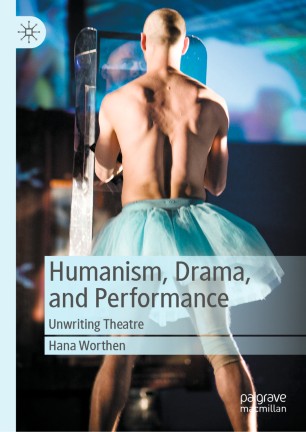

Most ebook files are in PDF format, so you can easily read them using various software such as Foxit Reader or directly on the Google Chrome browser.
Some ebook files are released by publishers in other formats such as .awz, .mobi, .epub, .fb2, etc. You may need to install specific software to read these formats on mobile/PC, such as Calibre.
Please read the tutorial at this link: https://ebookbell.com/faq
We offer FREE conversion to the popular formats you request; however, this may take some time. Therefore, right after payment, please email us, and we will try to provide the service as quickly as possible.
For some exceptional file formats or broken links (if any), please refrain from opening any disputes. Instead, email us first, and we will try to assist within a maximum of 6 hours.
EbookBell Team

4.1
100 reviewsThis book examines the appropriation of theatre and theatrical performance by ideologies of humanism, in terms that continue to echo across the related disciplines of literary, drama, theatre, and performance history and studies today. From Aristotle onward, theatre has been regulated by three strains of critical poiesis: the literary, segregating theatre and the practices of the spectacular from the humanizing work attributed to the book and to the internality of reading; the dramatic, approving the address of theatrical performance only to the extent that it instrumentalizes literary value; and the theatrical, assimilating performance to the conjunction of literary and liberal values. These values have been used to figure not only the work of theatre, but also the propriety of the audience as a figure for its socializing work, along a privileged dualism from the aestheticized ensemble—harmonizing actor, character, and spectator to the essentialized drama—to the politicized assembly, theatre understood as an agonistic gathering.